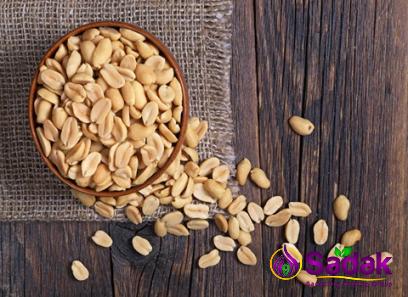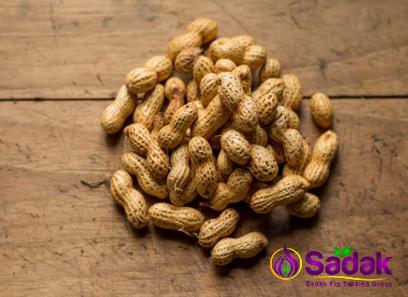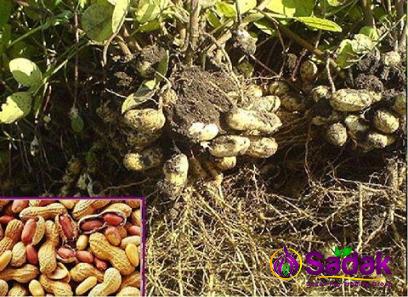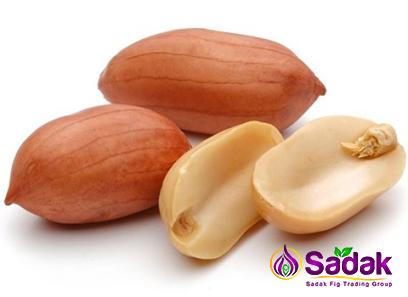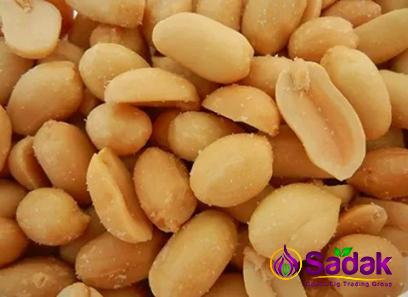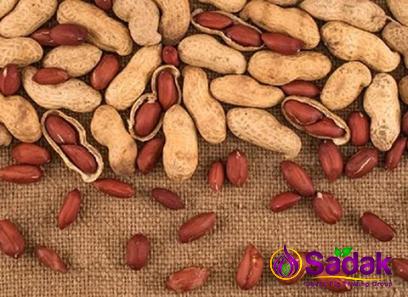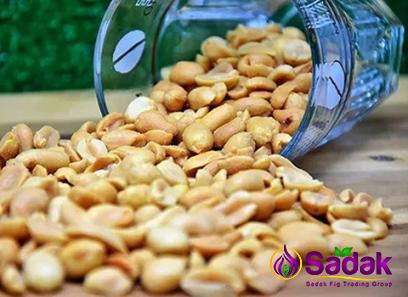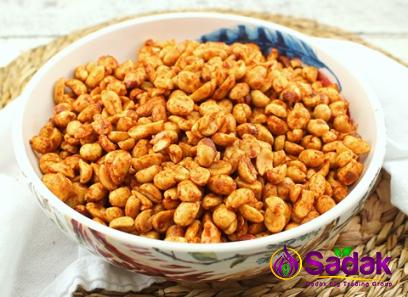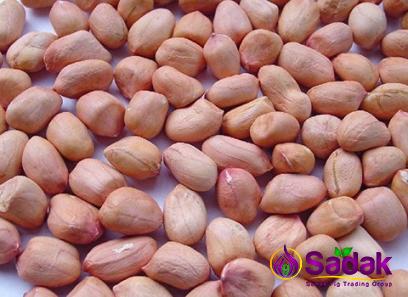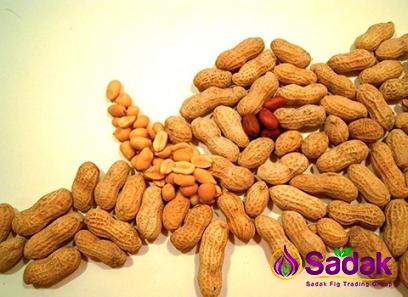Fresh cashew fruit, also known as cashew apple, is a tropical fruit that is gaining popularity around the world due to its unique flavor and potential health benefits. While the cashew nut is more commonly recognized, the cashew fruit offers its own set of characteristics and uses.
The cashew fruit is native to northeastern Brazil but is now grown in several other tropical regions, including parts of Africa, India, and Southeast Asia. It is a pear-shaped fruit, with a yellow or orange color and a soft, juicy flesh. The fruit typically grows attached to the bottom of the cashew nut, which is the seed of the fruit.
One of the reasons for the growing interest in cashew fruit is its distinct taste. The flavor is often described as a combination of sweet, sour, and slightly astringent. The flesh of the fruit is tender and juicy, and it has a refreshing quality that makes it a popular ingredient in tropical fruit salads, juices, smoothies, and desserts. In some countries, it is also used to make jams, jellies, and even alcoholic beverages.
Cashew fruit is not only delicious but also possesses several nutritional benefits. It is a good source of vitamin C, providing nearly five times the amount of vitamin C found in an orange. The fruit is also rich in antioxidants, which help protect the body against cell damage caused by free radicals. Cashew fruit is also a source of dietary fiber, which aids in digestion and contributes to a healthy gut.
In addition to its nutritional value, cashew fruit has been traditionally used for its medicinal properties. The fruit is believed to have antimicrobial properties and is used in some cultures to treat infections, mouth sores, and stomach ulcers. Some studies have also suggested that cashew fruit may have anti-inflammatory and anti-diabetic effects, although further research is needed to confirm these claims.
Another interesting aspect of cashew fruit is its potential for economic development in the regions where it is grown. While the cashew nut has been a major cash crop, the cashew fruit has often been overlooked or discarded as waste. However, due to the increasing demand for exotic fruits, there is an emerging market for fresh cashew fruit. This presents an opportunity for farmers and entrepreneurs to tap into this market and generate additional income.
To address this growing demand, efforts are being made to develop innovative ways to utilize cashew fruit. One such example is the production of cashew apple juice and nectar, which have gained popularity as a health drink. The juice can be enjoyed on its own, or used as a base for cocktails and other beverages. It is also being incorporated into gourmet food products such as sauces, vinegars, and marinades.
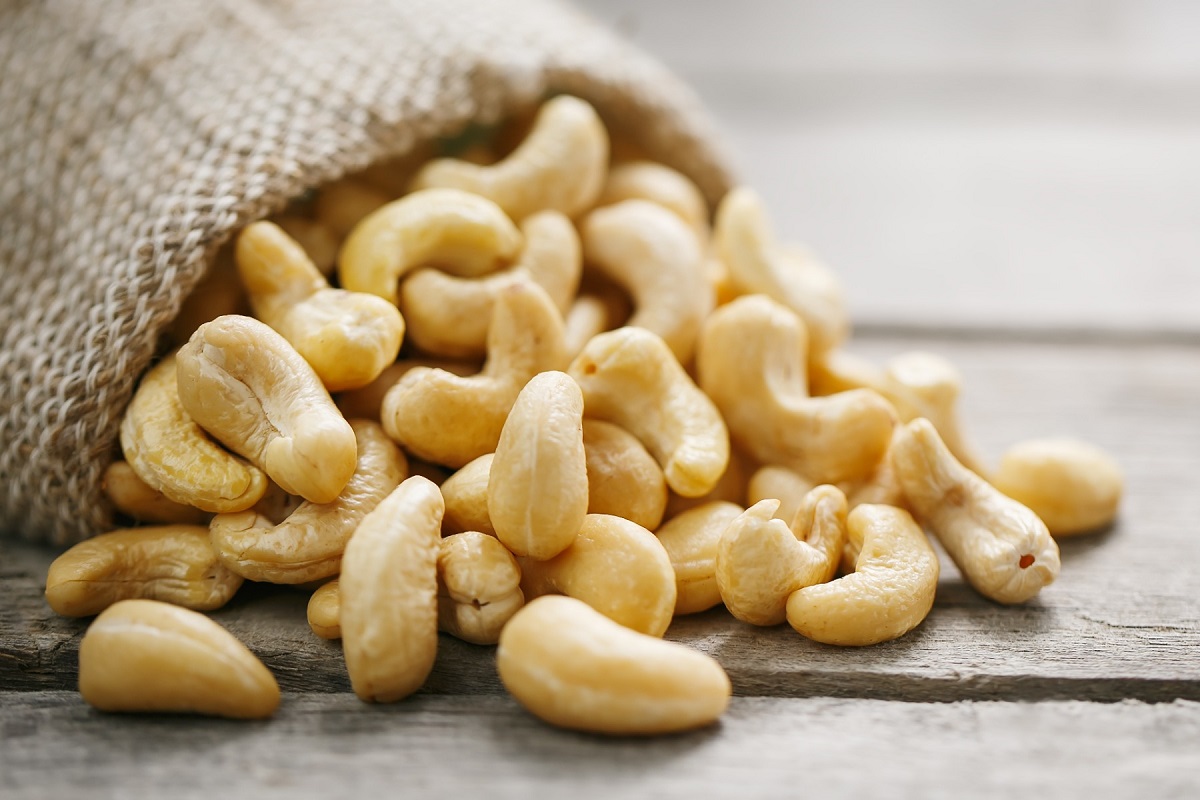
Despite its potential, there are challenges in the production and commercialization of fresh cashew fruit. One of the main challenges is the short shelf life of the fruit, which limits its availability and makes it difficult to transport over long distances. The fruit is highly perishable and needs to be consumed or processed within a few days of being harvested. This can be a logistical barrier, especially for exporting the fruit to international markets.
However, advancements are being made in post-harvest technologies to extend the shelf life of fresh cashew fruit. Techniques such as cold storage, controlled atmosphere storage, and modified atmosphere packaging are being explored to mitigate these challenges. These techniques can help preserve the quality and freshness of the fruit for a longer duration.
In conclusion, fresh cashew fruit offers a unique taste and several potential health benefits. It is a rich source of vitamin C, antioxidants, and dietary fiber. The fruit has traditional medicinal uses and is gaining popularity for its delicious flavor. With increasing demand for exotic fruits, fresh cashew fruit presents an opportunity for economic development for farmers and entrepreneurs in cashew-growing regions. While there are challenges in commercializing the fruit, advancements in post-harvest technologies may help overcome these obstacles. Overall, fresh cashew fruit is a versatile and nutritious tropical fruit that is worth exploring and incorporating into various culinary creations.Fresh Cashew Fruit: Exploring the Business Potential
1. Introduction:
Fresh cashew fruit, also known as cashew apple, is a tropical fruit with a unique flavor and potential health benefits. In recent years, it has gained popularity worldwide, and its growing demand presents a promising business opportunity for farmers and entrepreneurs. In this article, we will delve into the various business aspects of fresh cashew fruit, exploring its market potential, economic impact, and value-added products.
2. Market Potential:
The market potential for fresh cashew fruit is expanding due to increasing consumer awareness about exotic fruits and their health benefits. Cashew fruit’s distinctive taste and nutritional value make it an attractive option for consumers seeking new and unique flavors. Demand for fresh cashew fruit is particularly high in regions where its cultivation is limited or unavailable. Thus, there is a significant opportunity to tap into this untapped market and establish a profitable business.
3. Economic Impact:

The cultivation and commercialization of fresh cashew fruit can have a positive economic impact, especially in regions where cashew nuts are already a major cash crop. Historically, cashew fruit was often discarded or underutilized, but now it can be seen as an additional source of income for farmers. By diversifying their products and expanding into fresh cashew fruit production, farmers can maximize their earnings and improve their livelihoods.
4. Value-Added Products:
In addition to selling fresh cashew fruit, there is ample opportunity to explore value-added products derived from the fruit. Cashew apple juice and nectar, for example, have gained popularity as health drinks and can be a lucrative product line. The juice can also be used as a base for cocktails and other beverages, while the fruit’s natural sweetness makes it an excellent ingredient for jams, jellies, and preserves. By diversifying product offerings and developing unique cashew fruit-based products, entrepreneurs can set themselves apart in a competitive market.
5. Processing Challenges:
One of the primary challenges in the cashew fruit business is its short shelf life. The fruit is highly perishable and needs to be consumed or processed within a few days of harvest. This can pose logistical challenges, especially when transporting the fruit to distant markets. To address this issue, investing in processing facilities near cashew orchards or implementing efficient supply chain management techniques can help extend the shelf life and ensure the availability of fresh cashew fruit to a wider customer base.
6. Post-Harvest Technologies:
Advancements in post-harvest technologies can play a crucial role in mitigating the challenges associated with fresh cashew fruit. Techniques such as cold storage, controlled atmosphere storage, and modified atmosphere packaging have shown promise in extending the shelf life of the fruit. These technologies can help maintain the fruit’s quality and freshness, allowing for longer storage and transportation periods. Investing in such technologies, although requiring upfront costs, can contribute to a consistent supply of fresh cashew fruit throughout the year.
7. Export Potential:
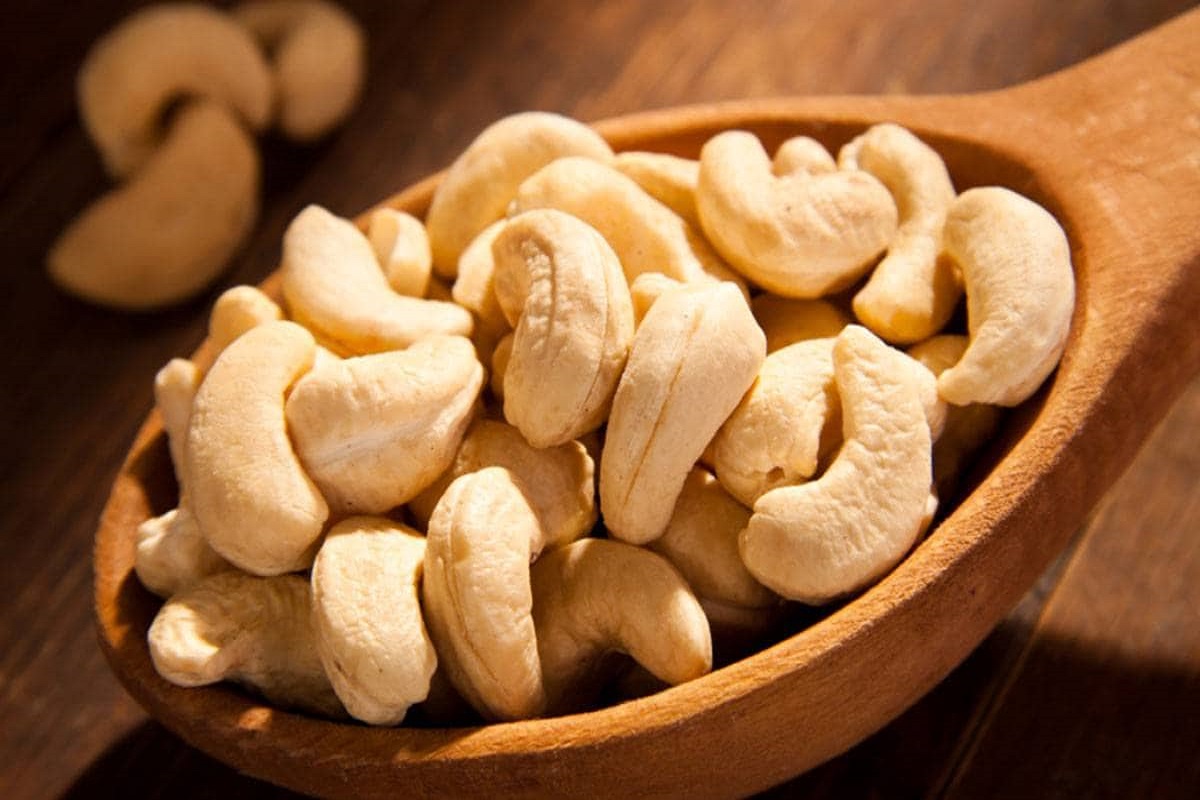
While fresh cashew fruit has a strong domestic market potential, there is also untapped potential for export to international markets. In countries where fresh cashew fruit is less common or not readily available, there is a growing demand for unique and exotic fruits. By meeting stringent export requirements and ensuring high-quality packaging and transportation, exporters can tap into this market and find profitable opportunities to expand their business globally.
8. Marketing and Branding:
Proper marketing and branding strategies are essential to create awareness, generate interest, and build a loyal customer base for fresh cashew fruit products. Emphasizing the fruit’s unique taste, nutritional benefits, and culinary versatility can help differentiate it from other tropical fruits. Utilizing digital marketing channels, participating in food and trade exhibitions, and collaborating with local restaurants or hotels for showcasing recipes and creating special menus can significantly enhance the visibility and desirability of fresh cashew fruit.
9. Sustainable Practices:
Sustainability should be a core part of the fresh cashew fruit business, considering environmental and social factors. Implementing sustainable farming practices, such as organic cultivation methods, efficient water use, and responsible waste management, can not only preserve natural resources but also appeal to environmentally conscious consumers. Additionally, promoting fair trade practices and providing fair wages to farmers can contribute to the overall sustainability and reputation of the cashew fruit business.
10. Collaboration and Partnerships:
Collaboration and partnerships within the cashew fruit industry can enhance business opportunities and growth. Farmers can partner with local juice manufacturers, food processors, or exporters to add value to their produce and access larger markets. Collaborating with research institutions and universities can also lead to innovation in product development and processing techniques. By fostering strong, synergistic relationships, businesses can capitalize on the collective expertise and resources within the industry.
11. Government Support and Regulations:
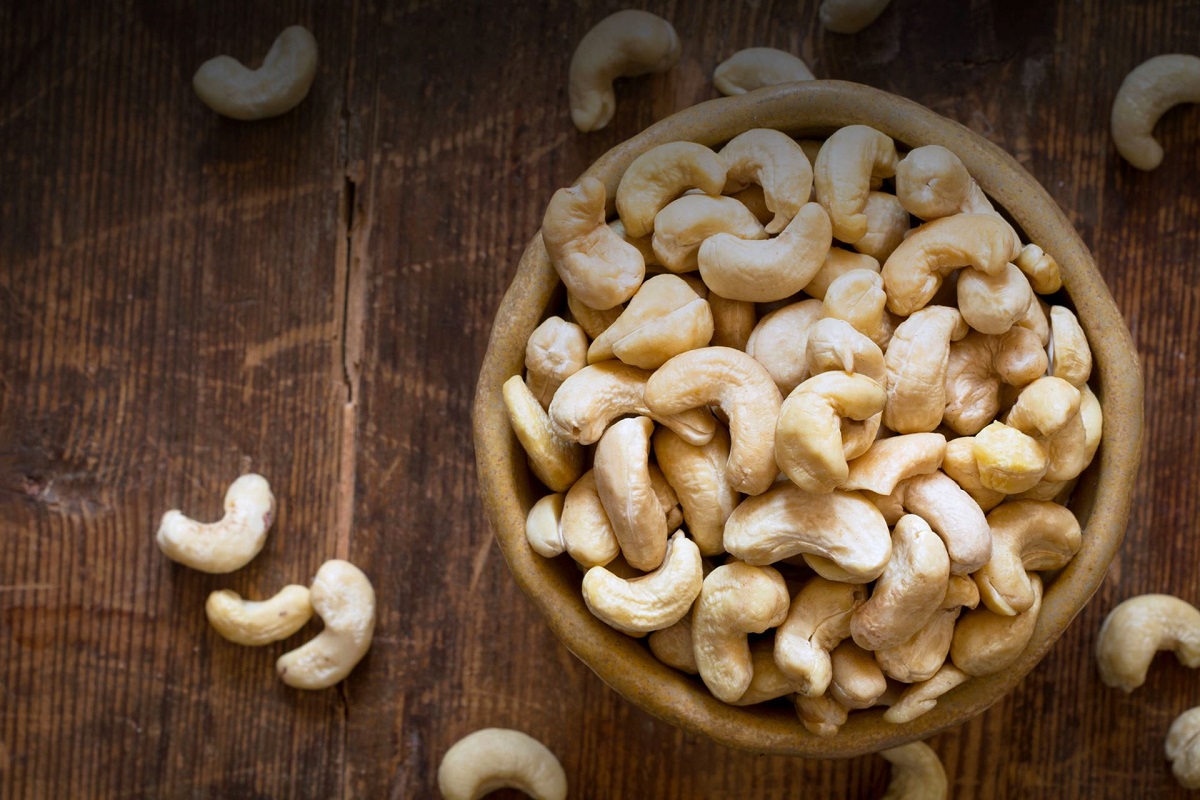
Government support, in terms of agriculture policies, funding, and infrastructure development, is crucial for the growth and success of the fresh cashew fruit industry. Encouraging farmers to diversify their crops, providing financial incentives or grants for infrastructure development, and implementing favorable trade policies can significantly boost the industry’s growth. Governments can also play a role in setting quality standards, ensuring compliance with food safety regulations, and providing support for export certification processes.
12. Conclusion:
Fresh cashew fruit presents a lucrative business opportunity with its unique taste, nutritional benefits, and growing market demand. Entrepreneurs, farmers, and exporters can capitalize on this market by diversifying their product offerings, investing in post-harvest technologies, and expanding into new markets. However, it is essential to address the challenges posed by the fruit’s short shelf life and invest in sustainable practices to ensure long-term success. With proper marketing, branding, collaboration, and government support, the fresh cashew fruit business can thrive and contribute to economic growth in cashew-growing regions.
